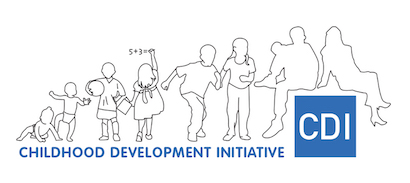In an era where much child, family and community research and evaluation is funded with the expectation that it will provide evidence to inform policy and practice it is timely to consider the challenges more thoroughly. Hosted by REPP, the Research, Evaluation, Policy and Practice group and CRNINI, the Children’s Research Network for Ireland and Northern Ireland and supported by Tallaght West Childhood Development Initiative the conference heard three experienced researchers share the platform with three representatives from funding, policy and practice. Paired presentations highlighted the points of difference in perspective, the challenges faced and the misunderstandings that can act as barriers to effective knowledge exchange.
Drawing on her own extensive experience Professor Sheila Green posed the question ‘What has 20 years of investment in research and evaluation achieved for children in Ireland?’ Identifying tensions and ethical dilemmas she concluded with a caution to researchers – ‘Don’t just follow the money!’ Recognising the importance of funding Dr Donna Tedstone of the Health Research Board presented a clear outline of the funding options the HRB provides with advice on how to improve research proposals.
In her presentation on research and policy Dr Saoirse NicGabhainn guided us through her own journey towards finding mechanisms for translating research into academic articles, reports that fulfil commissioner requirements and more general reports to inform policy and practice. Maria Corbett, speaking from the policy and commissioning perspectives endorsed the need for researchers to communicate their work more clearly while recognising that those who commission such research also need to be clearer in their demands and expectations.
The final session focused on the education sector. Professor Paul Connolly identified the challenges of embedding research findings in educational practice and spoke of the importance of balancing methodological rigour with external pressures. He closed by suggesting ways the academic and practice worlds could both change to realise the promise of research in practice. To conclude Tomás Ó Ruairc from the Teaching Council spoke of how teachers use research in practice and why there is a need to strengthen the nexus between research and practice.
This exciting conference on knowledge exchange marked an important point on the journey towards realising real world research in policy and practice.





